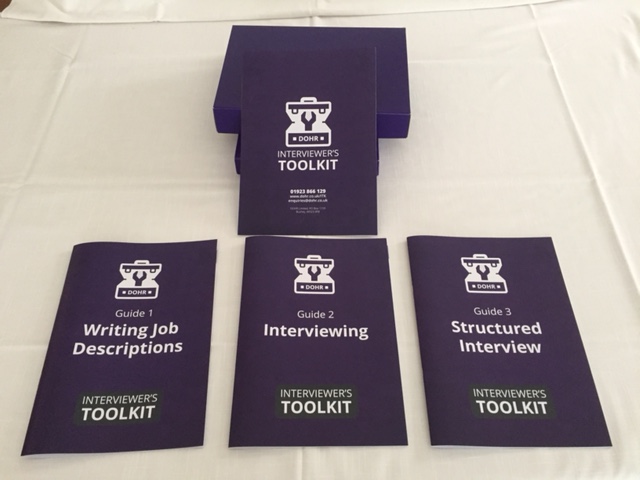What do I do about poor performers?
'Can't do' or 'Won't do'?
Hi. So today we are talking about poor performers. It’s the king of clubs so it is the last in our training and development set of our 52 top tips. But it’s a really, really important subject. And a lot of people shy away from discussing poor performers.
Every business has them, and managing them effectively is essential to the wellbeing of the business. The priority is to identify the issue, discuss it with the employee and to set clear objectives with measures and reviews. Failure to make significant and sustained improvements must lead to formal disciplinary action, potentially dismissal, but a proper process must be followed The key to managing poor performers is to do it early and to follow through regularly. Don’t let things fester. It will negatively impact your business.
Now, poor performers come in all shapes and sizes. There are some that you look at and you know that they are just not capable. They are a ‘can’t do’. And for them, you’re going to need to give them skills. You’re going to need to give them time. You’re going to need to give them training and additional support. You’ve also got poor performers who are a ‘won’t do’. And if somebody is a ‘won’t do’ and they’ve got the bad attitude, and the reason that they’re not performing is because of their attitude, then you do need to proactively manage them out of their business as quickly as possible, following a proper process.
Don’t do an Alan Sugar. You can’t just fire them.
All our videos are available on YouTube with captions. If you wish to view this video with captions, please visit https://youtu.be/LVTKVFDd69k
The Interviewer's Toolkit
For more assistance with writing job descriptions and recruitment, check out our interviewer’s toolkit

